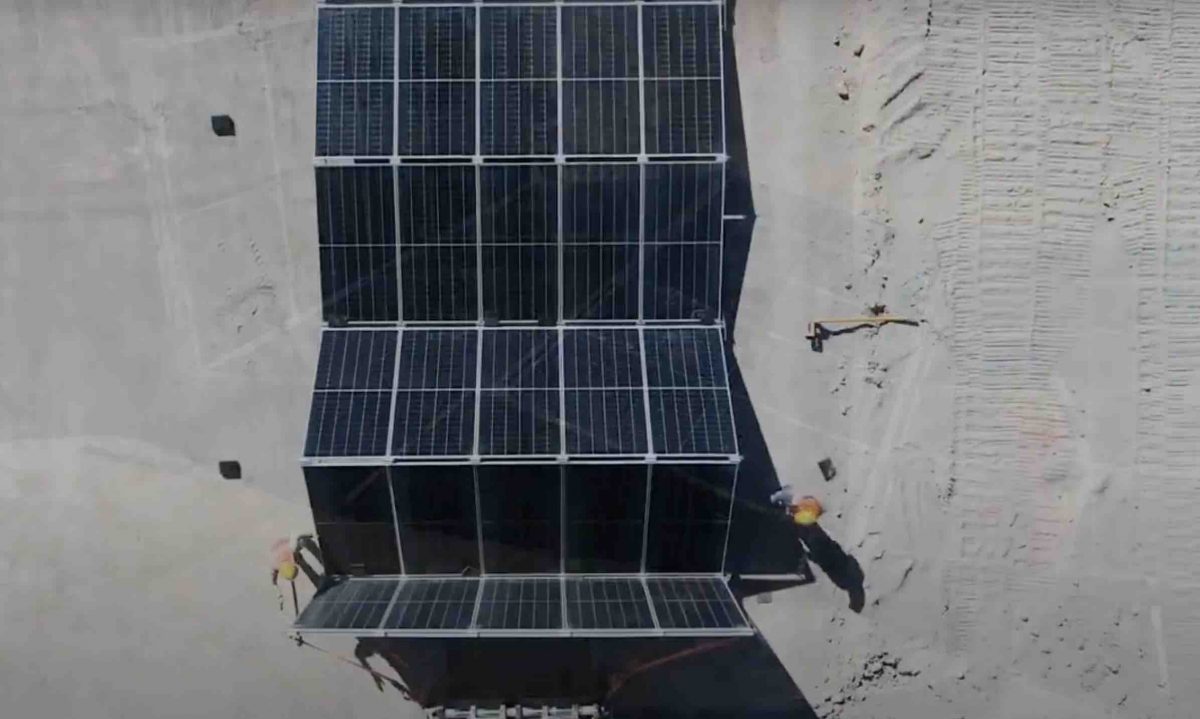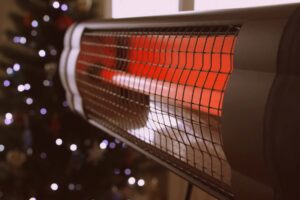Solar researchers at the University of New South Wales Sydney have been awarded nearly $30 million in a bid to reduce the cost of solar while also improving cell and module efficiency.
Researchers from UNSW Sydney’s School of Photovoltaic and Renewable Energy Engineering (SPREE) at UNSW Engineering will receive $29.3 million, awarded by the Australian Renewable Energy Agency (ARENA) Research and Development (R&D) Program.
The nearly $30 million is part of $41.5 million that ARENA has committed in pursuit of its ‘Solar 30 30 30’ target of 30% module efficiency and 30 cents-per-installed-watt at utility scale by 2030.
The Australian National University and the University of Sydney will also take a share of the funding to bolster their research programs.
“Australia’s solar researchers have helped to make solar PV the cheapest form of energy in history, but to create a future in which Australian solar energy supplies the world with clean power, fuels and products, we need to be ambitious and drive the cost of solar even lower,” said Darren Miller, ARENA CEO.
“ARENA is supporting these universities with $41.5 million in funding to get behind the target of ‘Solar 30 30 30’ to deliver ultra-low cost solar, helping to optimise Australia’s transition to renewable electricity and achieve our emissions reduction targets.”
Two streams of research & development are being focused by ARENA, with $27.5 million for innovation in solar cells and modules, and another $14 million to drive down the upfront and ongoing costs of utility scale solar (under the heading of Balance of System, operations and maintenance).
So as to better support ARENA’s ambitious 30-30-30 timeframe, funding has also been made available for commercialisation of each project’s core R&D phase.
“UNSW researchers are clear leaders in the area of renewable energy R&D,” said Professor Nicholas Fisk, UNSW deputy vice-chancellor for research & enterprise.
“The PERC solar cell, which today powers almost 75% of all solar panels in the world, was invented by Professor Martin Green and his team. Professor Green has today secured further funding to continue his exemplary research to improve the performance and lower the cost of commercial solar cells.
“These awards announced today will further enable our researchers to help solve the world’s shifting and dynamic energy needs as we move post-haste to a sustainable energy paradigm.”










